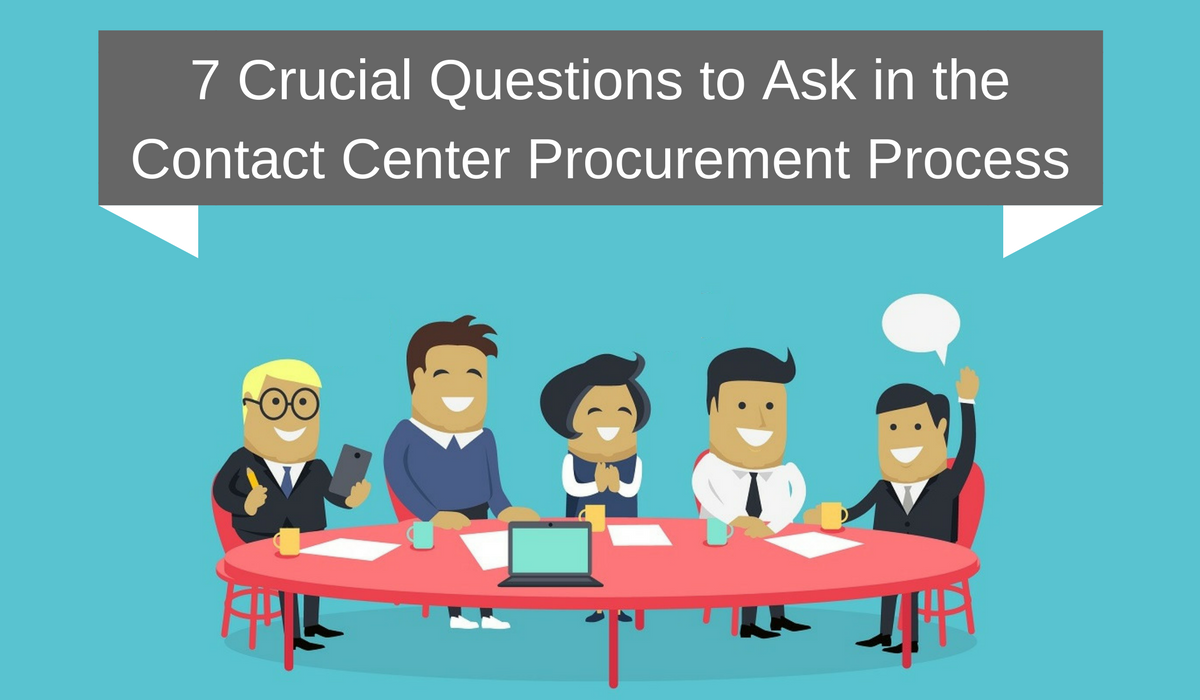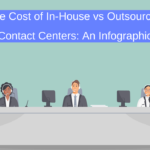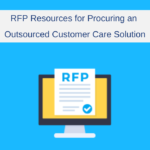7 Crucial Questions to Ask in the Contact Center Procurement Process

Some of our most popular blog posts are the ones that help potential clients navigate their way through the procurement process for contact center services – especially content that looks at what questions to ask potential vendors.
The first quarter of the calendar year is typically a busy time in the world of contact center RFPs and site visits, so we’ve updated this previously published piece for those who are in the trenches of procurement right now. This post focuses on the end zone of the buying process with a look at seven of the toughest questions to ask your potential partners. How your prospective providers answer these hard-hitting questions can help you whittle that short list down to one clear winner.
If you’re looking for more detail about the contact center procurement process, get your End-to-End Contact Center Buyer’s Guide here.
7. Where are the two biggest gaps in your capabilities?
Make the potential partners get specific. You want to go into a long-term relationship with your eyes wide open. Every company has things they could do better. Your potential partner should be frank about theirs. If their strengths offset your weaknesses and vice versa, you should be in good shape.
6. What is your reporting going to tell me that I don’t already know?
A data dump of yesterday’s (or last week’s) volume and grade of service represents little more than a scorecard of a center’s performance. Meaningful contact center reporting allows you to glean insights about what happened yesterday (or last week) that contribute to informed decision-making and help achieve your business outcomes.
5. How is your training and development different from the next guy’s?
If the vendor makes the claim that training is a differentiator, make them prove it. Look for stats like total agent time spent in continual training. Look for investments in process and people. Do they have a team of corporate trainers? Do they invest in peer mentors and coach development? How do they approach testing for applied knowledge? What third-party validation can they offer to support their claims – awards, client testimonials, accreditations?
4. Who poaches your frontline people?
This may seem like an odd question, but it tells you a lot. If the vendor says, “Poaching isn’t a problem – no one poaches from us,” maybe that’s because their employees are not sought after in the marketplace. They might have a “warm body” mentality toward hiring contact center agents. We consider it a good sign other employers of choice in the market are working hard to try to poach our center’s people – or when our clients hire our people to go work for them. For us, that’s the pure gold and it happens more than you would think.
3. What did you learn from the last client who fired you?
Beware of bull@#$%. “We’ve never been fired.” We’d call BS on that. You’re looking for a real answer that tells you something about the organization’s ability to self-assess and to adapt and change.
2. What will winning my business mean to your strategic goals?
It helps to see where you fit in the big picture. You want to know how important your business will be to the vendor once the contract has been signed and the quarterly sales target is met. Go ahead and ask: where will we fit in your client roster – will we be a top five client? Top ten? Small, medium, or large program in your client base? Be sure your view of how you want your program handled is aligned with where the prospective partner sees you.
1. What percentage of time will my project manager give me day-to-day?
Hold their feet to the fire. In fact, the answer to this question could be something to include in your SLA and something you can scorecard performance against. Whatever the model of your solution – shared, dedicated, or semi-dedicated – you want to understand exactly what that means in terms of time and attention from the project management team before you sign the contract.
If you are seriously considering call center outsourcing as a solution for your business, make sure you get the ‘true’ resolution of the potential vendor you’re looking to use. We’re happy to answer these hardball questions.


![The 10 Most Important Contact Center RFP Questions [Infographic]](https://blueocean.ca/wp-content/uploads/2019/09/Blue-Ocean-Blog-9-10-19-150x150.png)

